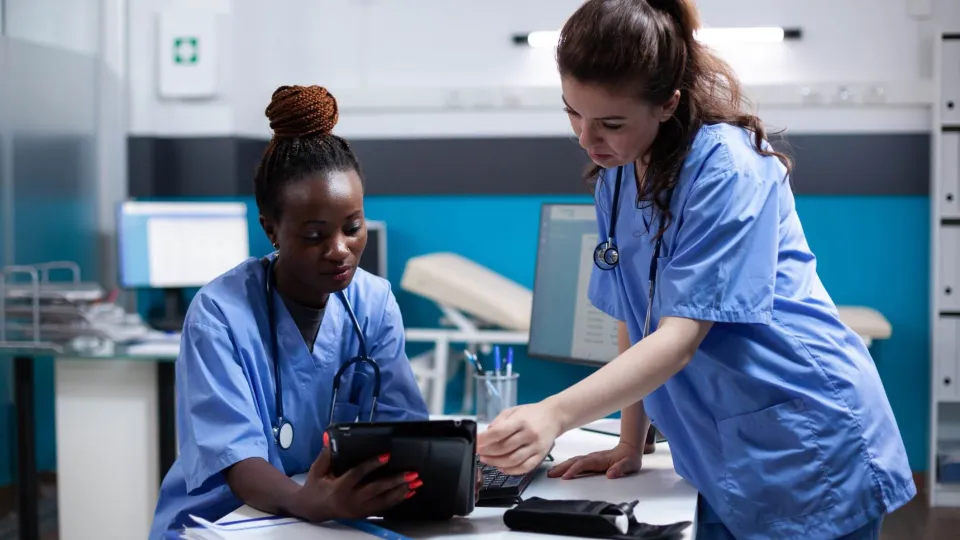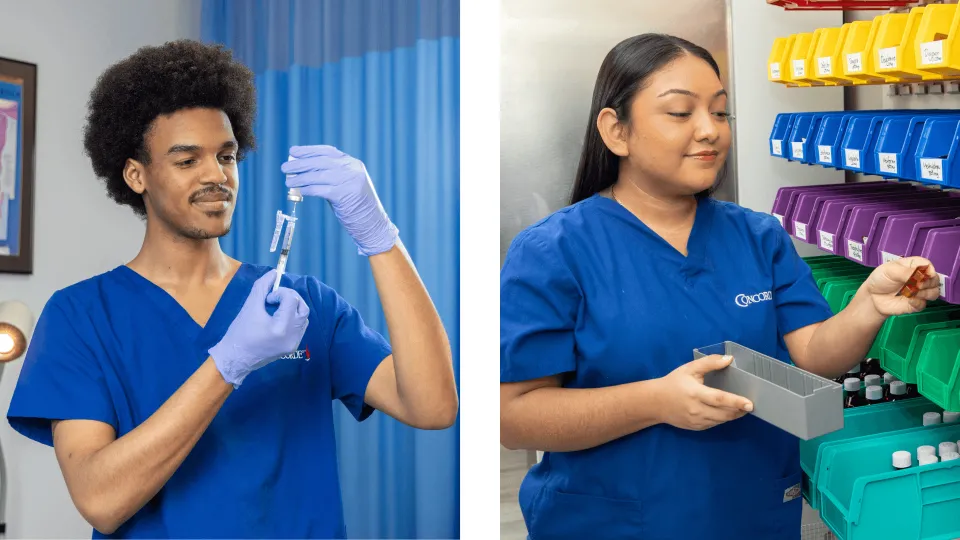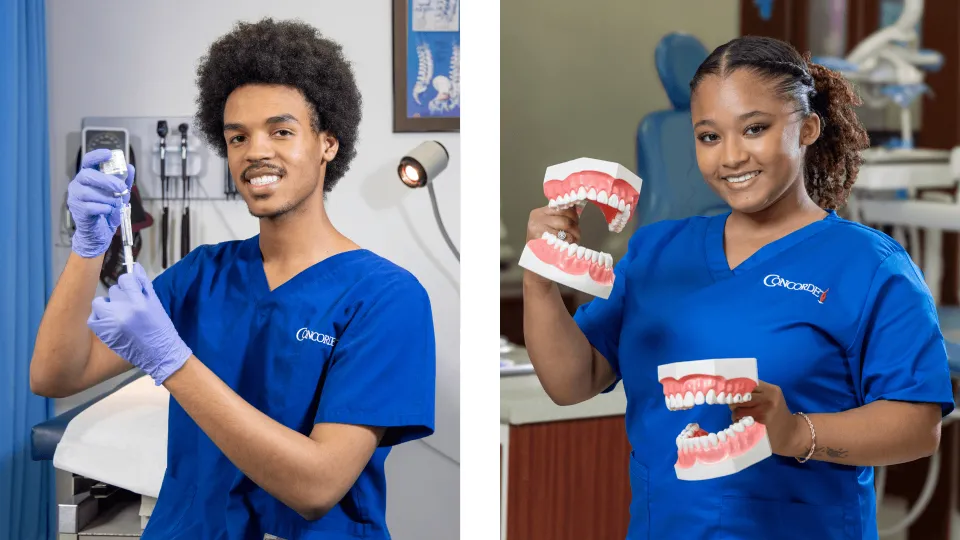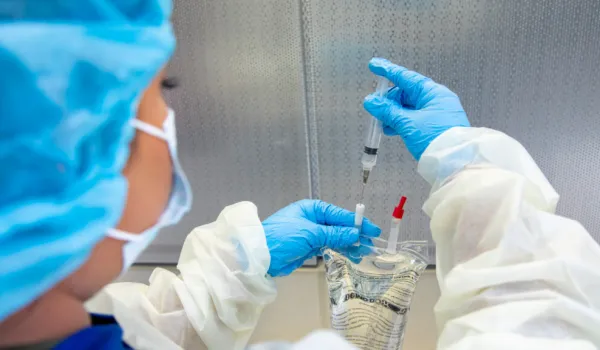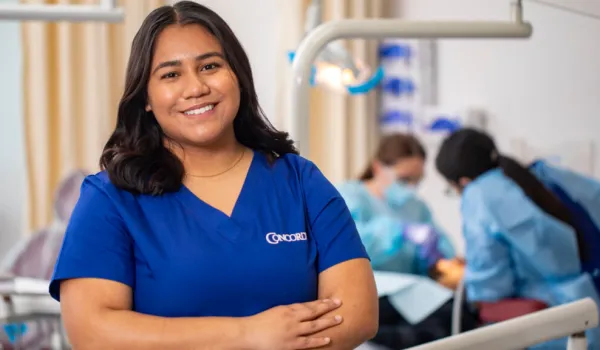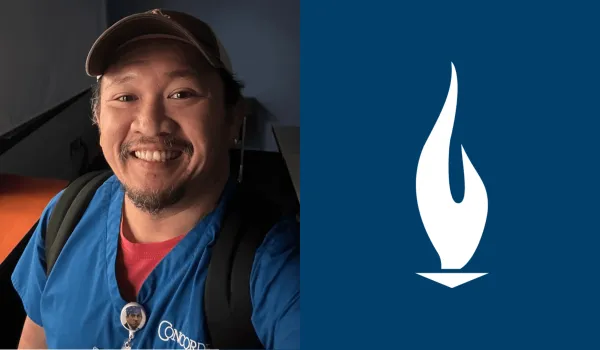
The role of medical assistant (MA) has become crucial in today's modern practice of medicine. A medical assistant may conduct laboratory work, oversee scheduling or other administrative tasks, work directly with patients and help the medical professional in many other ways.
There's never been a better time to consider becoming a medical assistant. According to the Bureau of Labor Statistics, the employment rate for medical assistants is expected to grow nearly 30 percent through 2026.
Changes in hiring practices and the ongoing need for medical care in the Baby Boomer generation accounts for this faster-than-average growth rate. If you've dreamed of a new career as a medical assistant, medical assistant programs like the ones at Concorde can help prepare you for success.
A Day in the Life
As Medical Assistants take on more responsibilities from the influx of patients and a shortage of doctors, their duties will become more diverse, as well.
Day-to-day functions depend largely on work location. Take a medical office or outpatient facility, for example, the daily duties of a medical assistant may include:
- Recording patient history
- Measuring and recording vital signs
- Assistant physicians during a patient exam
- Giving injections and other medications as directed by the overseeing physician
- Scheduling patient appointments
- Preparing samples for laboratory tests
Administrative MAs may spend their days inputting medical codes or filling out insurance forms while a clinical medical assistant may perform basic laboratory duties like sterilizing medical instruments. Specialized MAs, like ophthalmic or podiatric medical assistants, perform tasks specific to those specialties.
As healthcare facilities transfer from paper records to Electronic Health Records (EHR), medical assistants need to be well-versed in the latest technology, too.
Medical assistants are not the same as a physician assistant and do not examine, diagnose or treat patients. Most medical assistants work in a physician's office, but other locations include hospitals and outpatient care centers. Full-time employment is most common and may include some evening, weekend and holiday shifts.
Training and Requirements
In some states, no special education beyond a high school diploma is legally required to become a medical assistant; however, with the role expanding we often find that hiring preference is given to candidates who already have the skills and knowledge needed to do the job. Few medical offices have the time or desire to provide the in-depth training needed to become an effective part of the team.
Both diploma and degree programs are available. Both options are a great first step to a successful career.
A diploma program focuses on the core topics with most programs culminating in an externship, while a medical assisting associate degree opens various kinds of doors and may allow an individual to take on more responsibilities within their job or build on their education to pursue a higher degree.
At Concorde, a degree program can be completed in as few as 16 months while a diploma program typically can be completed in as few as eight months.
If you are a detailed person with a good balance of analytical, technical and interpersonal skills, you may be well-suited for a fulfilling career as a medical assistant.
Take The Next Step Towards a Brighter Future
Interested in learning more about our Medical Assistant program?
We have a Concorde representative ready to talk about what matters most to you. Get answers about start dates, curriculum, financial aid, scholarships and more!

